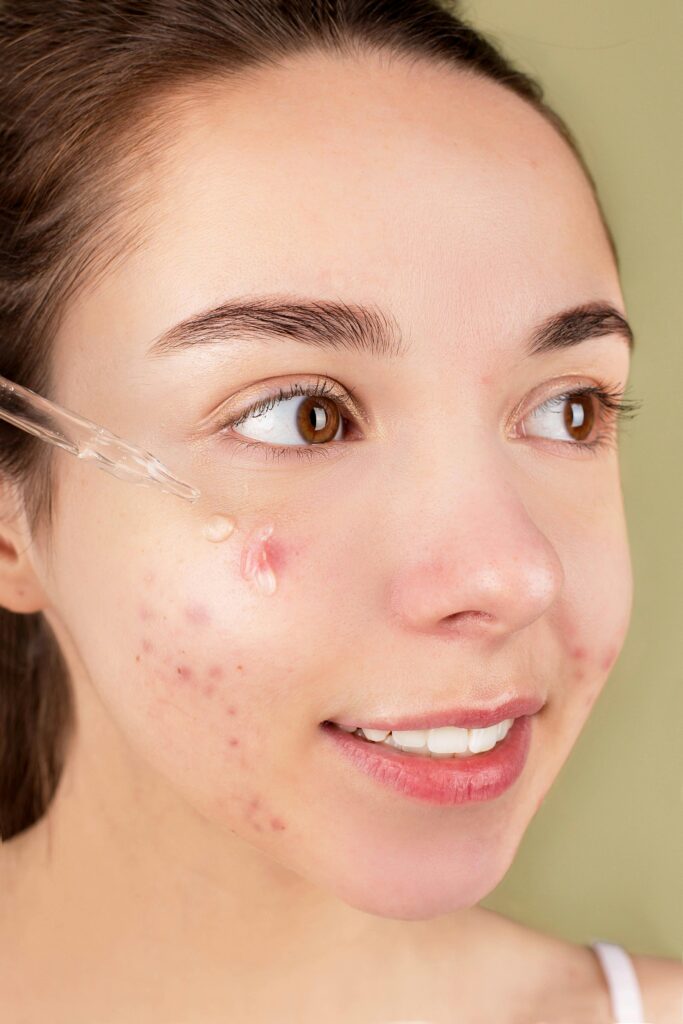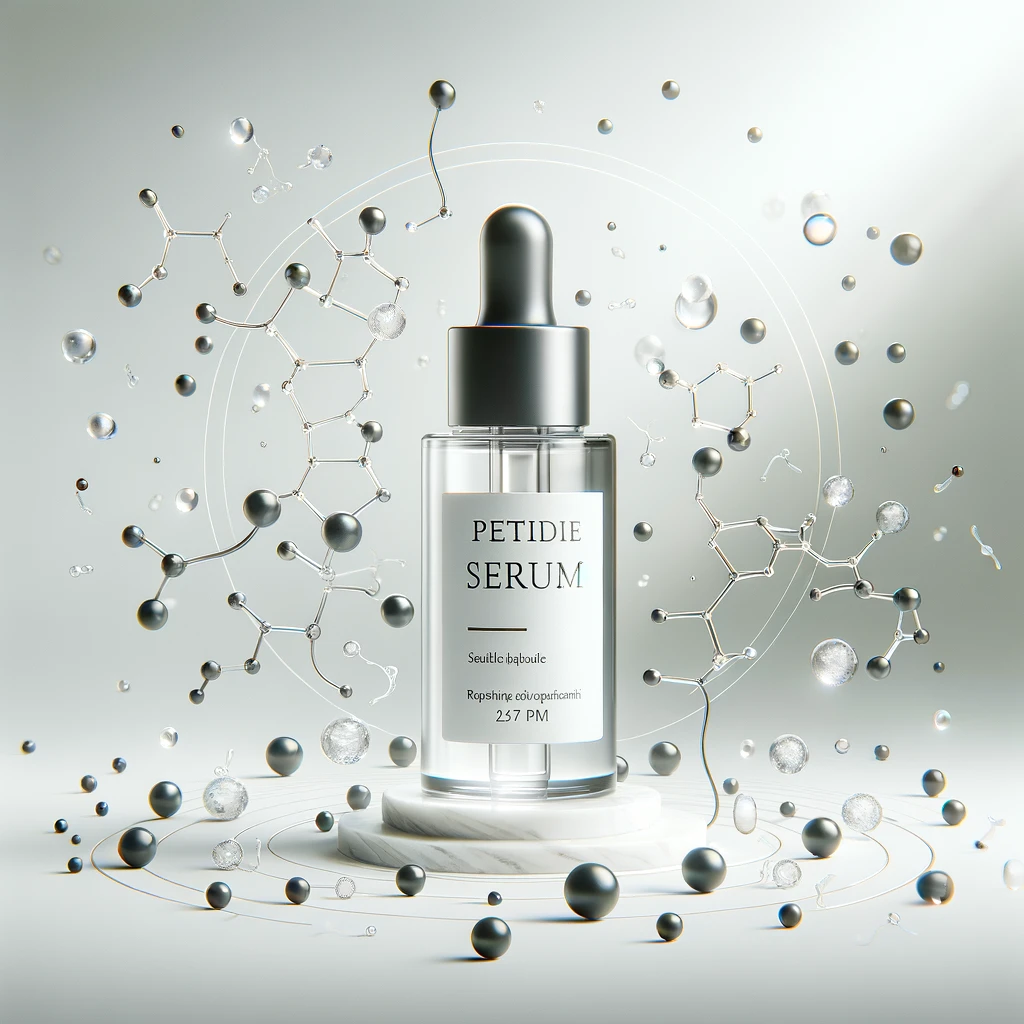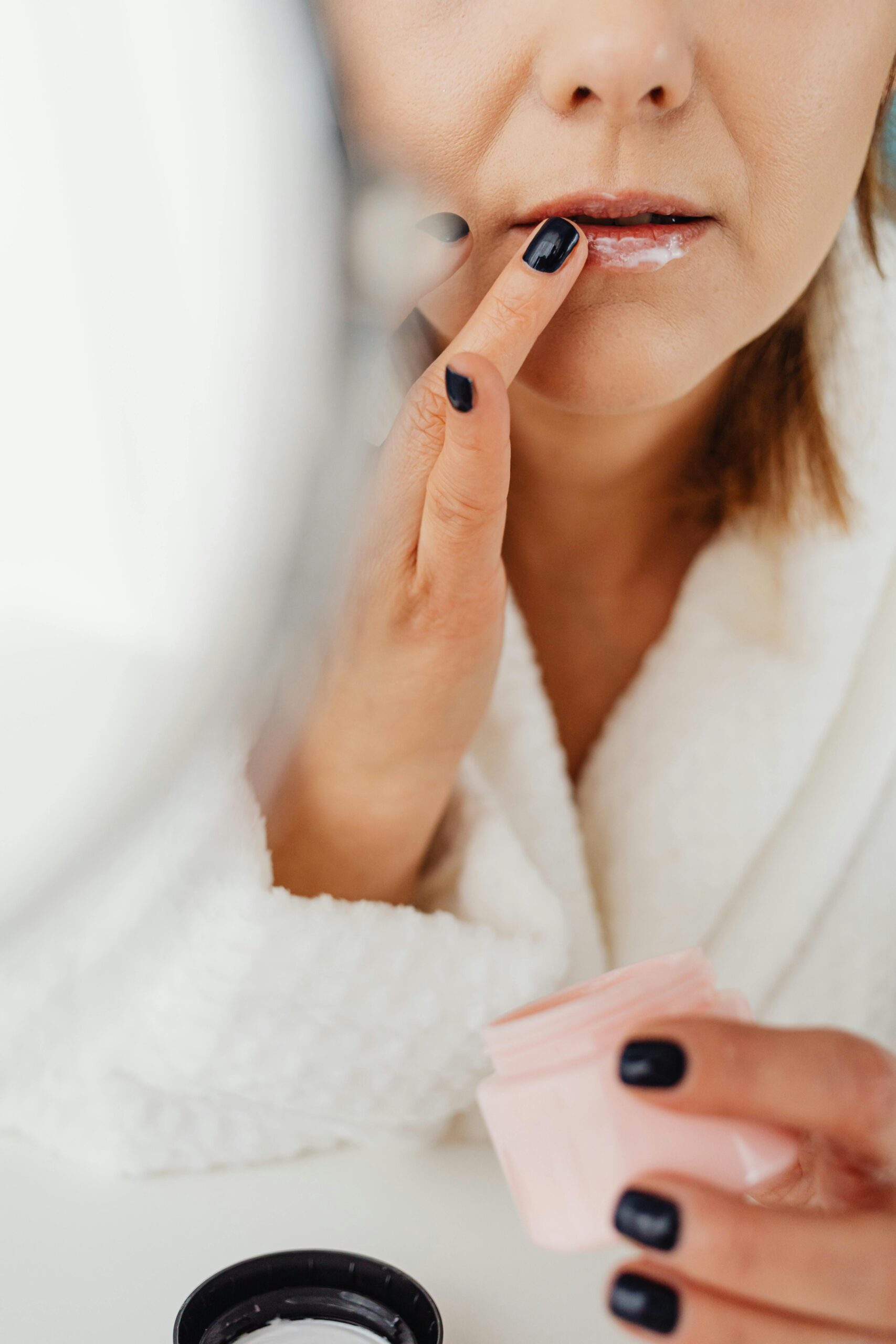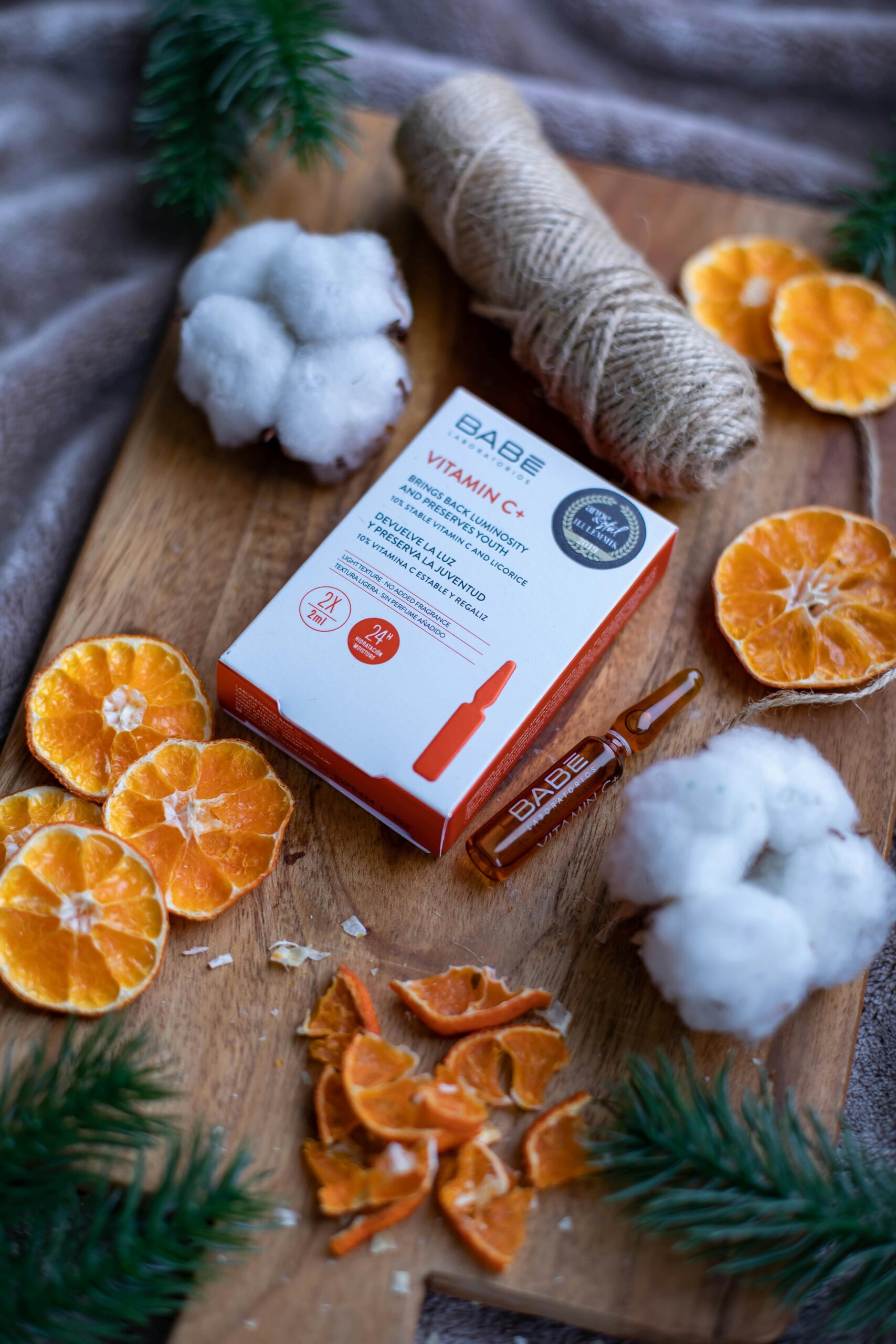Peptides are one of the most talked-about ingredients in the realm of skincare, celebrated for their profound impact on skin health and appearance. These small chains of amino acids serve as the building blocks for proteins such as collagen, elastin, and keratin, which are essential for maintaining the skin’s texture, strength, and resilience. Integrating peptides into your skincare routine can offer numerous benefits, but it’s important to understand both the advantages and potential disadvantages.
What Are Peptides?
Peptides are short sequences of amino acids that are formed when proteins break down. They can be thought of as mini-proteins. In skincare, peptides act as signaling molecules. When applied topically, they send signals to cells to let them know how to function, particularly instructing them to boost their production of collagen and elastin, which can decrease with age.
Why Introduce Peptides Into Your Skincare Routine?
Benefits of Peptides
- Stimulates Collagen Production: As the skin ages, collagen degradation occurs, leading to wrinkles and sagging. Peptides can help stimulate the skin to produce more collagen, thus reducing the signs of aging.
- Enhances Skin Barrier: Certain peptides have been shown to strengthen the skin’s barrier, which can help retain moisture and protect against environmental damage.
- Improves Skin Elasticity and Firmness: By boosting collagen and elastin, peptides can improve the skin’s elasticity, making it appear more youthful and firm.
- Reduces Inflammation: Some peptides have anti-inflammatory properties that can help reduce redness and swelling, making them ideal for sensitive or reactive skin types.
- Promotes Skin Healing: Peptides can also encourage the skin to heal itself, which can be beneficial in treating wounds or other skin damages.
How to Introduce Peptides into Your Routine

- Choose the Right Product: Look for serums, moisturizers, or eye creams that list peptides fairly high up in the ingredient list. This placement typically indicates a significant concentration of the ingredient.
- Layer Correctly: Apply peptide products after cleansing and toning but before moisturizing. This ensures that the peptides penetrate the skin without being obstructed by thicker creams or oils.
- Consistency is Key: As with most skincare ingredients, peptides work best when used consistently over time. Expect to see results after several weeks of regular use.
Advantages
- Suitable for Most Skin Types: Peptides are generally gentle and can be used by most skin types, including those who may not tolerate more aggressive anti-aging ingredients like retinoids.
- Scientifically Supported: There is substantial scientific research supporting the efficacy of peptides in improving skin health and appearance.
Disadvantages
- Cost: Peptide-based products can be expensive due to the complexity of formulating these ingredients in a stable, effective manner.
- Variable Efficacy: Not all peptides are created equal. The stability and molecular size of peptides can affect their ability to penetrate the skin and deliver noticeable benefits.
- Potential Irritation: While generally well-tolerated, some people might experience skin irritation, especially if using multiple products with high concentrations of peptides.
Peptides are a potent ingredient for anti-aging and skin repair, beneficial for nearly everyone looking to enhance their skincare routine. While they offer numerous advantages, it’s important to choose products wisely based on effective concentrations and reputable formulations to truly benefit from their use. Whether you’re dealing with signs of aging, skin sensitivity, or moisture retention, peptides could be a valuable addition to your skincare arsenal.




